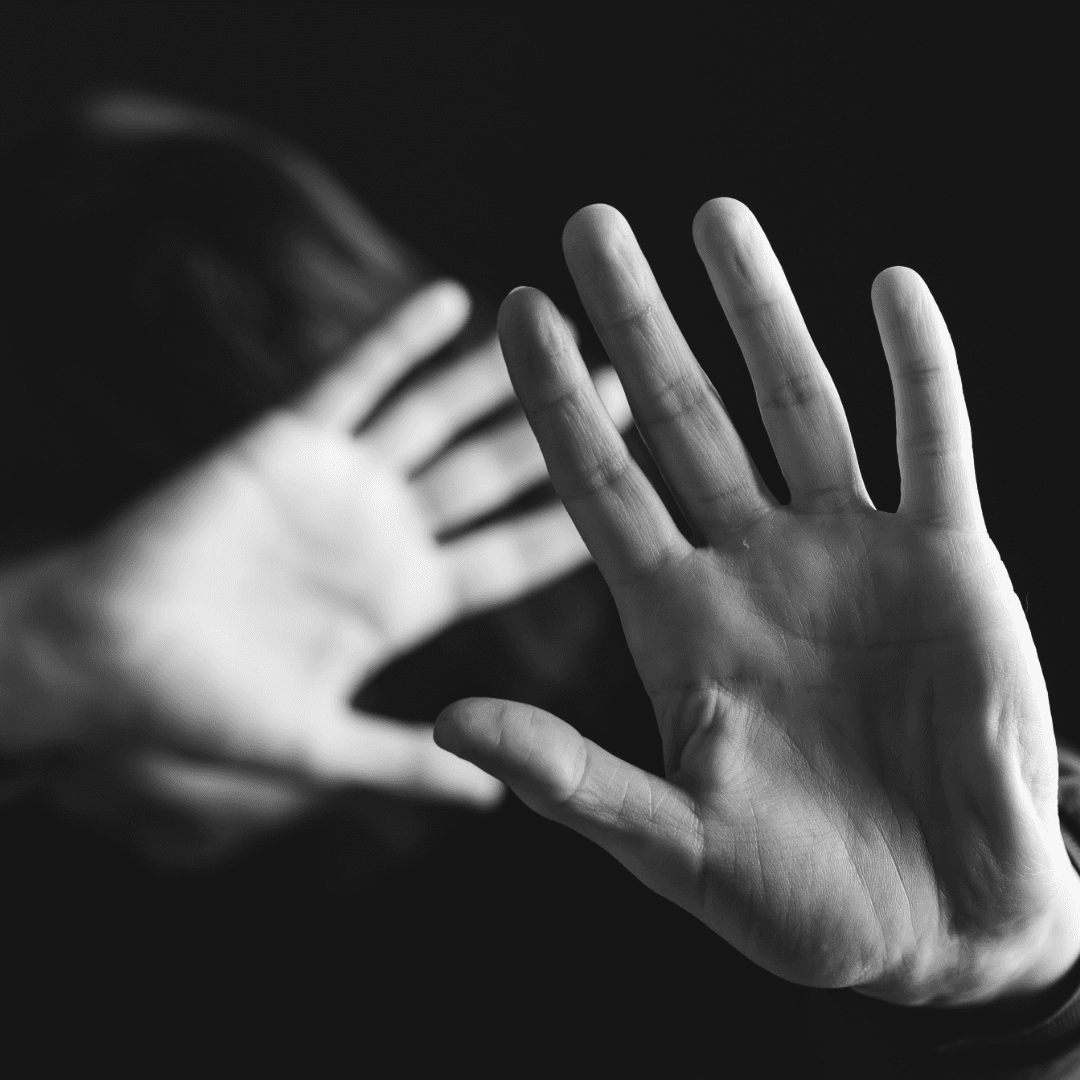In California, domestic violence charges carry significant legal and personal implications, and in Los Angeles County, the handling of these charges can affect many aspects of the accused’s life, including bail. If you or a loved one is facing such charges, understanding how domestic violence impacts bail and what to expect can be crucial for navigating the legal system.
What Constitutes Domestic Violence in California?
In California, domestic violence is defined as any physical injury inflicted on a current or former spouse, cohabitant, or family member. This includes a range of behaviors from hitting and slapping to more severe forms of abuse. The charges also extend to threats or intimidation if the behavior causes reasonable fear of harm.
The Effect of Domestic Violence Charges on Bail
When domestic violence charges are filed, the bail amount can be influenced by several factors specific to the case.
These may include:
- The Severity of the Charges: The nature and severity of the alleged abuse play a crucial role in determining eligibility for bail and the bail amount. Charges involving serious injuries or threats of severe harm typically result in higher bail amounts.
- The Defendant’s Risk Assessment: The court evaluates the risk that the accused might pose to the alleged victim or the community. If the judge believes there is a high risk of further violence, they may set a higher bail amount or deny bail altogether.
Bail Amount and Conditions
Bail amounts for domestic violence cases can vary widely. For instance, bail may be set anywhere from a few thousand dollars to significantly higher amounts depending on the specifics of the case. Additionally, the court may impose special conditions on bail when someone is charged with domestic violence.
These conditions may include:
- Protective Orders: It’s common for the court to issue a protective order as a condition of bail, prohibiting the accused from contacting the alleged victim or coming near their residence.
- Mandatory Counseling: The court may also require the accused to attend domestic violence counseling or anger management programs as part of the bail conditions.
Bail Bond Services for Domestic Violence
When bail is set at a higher amount, many people turn to bail bond services to secure their release or the release of their loved one from jail. With a bail bondsman, you do not have to pay the full bail amount. Instead, you pay a fee to the bail bondsman who then posts bail on your behalf or on behalf of your loved one.
Bail bond companies typically charge a non-refundable fee, which is a percentage of the total bail amount (usually 10%). This fee is not returned even if the charges are eventually dismissed or resolved. To secure the bail bond, you might need to provide collateral, such as property or valuable items. The collateral is returned once the bail bond is discharged, provided all court conditions are met.
The Impact of Domestic Violence Charges on Bail
The legal system takes domestic violence charges seriously, and being charged can have profound implications beyond just the bail process.
These include:
- Criminal Record: A conviction can result in a permanent criminal record, which may affect employment opportunities, housing, and other aspects of life.
- Protective Orders: The imposition of protective orders can disrupt personal and family life, limiting contact with children or other family members.
- Long-Term Consequences: Convictions can lead to severe legal penalties, including imprisonment, fines, and mandatory counseling.
Tips for Managing Bail and Legal Proceedings
Knowing what to do after you or someone you care about is arrested for domestic violence is important, but it can be difficult to know how to proceed. This is a challenging time for you and your family, and Dan's Bail Bonds is here to help.
Here are some things you can do to help manage bail and the legal proceedings ahead of you:
- Seek Legal Counsel: Working with a knowledgeable criminal defense attorney can significantly impact the handling of your case, including the negotiation of bail conditions and the ability to effectively defend against the charges.
- Comply with Bail Conditions: It’s crucial to adhere strictly to all bail conditions, including avoiding contact with the alleged victim and attending any required counseling sessions. Violating these conditions can lead to additional legal troubles and potentially result in the forfeiture of the bail.
- Monitor and Attend All Court Dates: Keep track of all court appearances and deadlines to avoid additional legal complications or bail forfeiture. You or your loved one MUST attend all court appearances to avoid potential legal consequences.
Domestic violence charges can complicate the bail process, with bail amounts and conditions reflecting the seriousness of the charges and perceived risks. Understanding the nuances of how these charges affect bail can help you navigate the legal landscape more effectively. With the right team by your side, you can have confidence moving through the process and preparing for what comes next.

